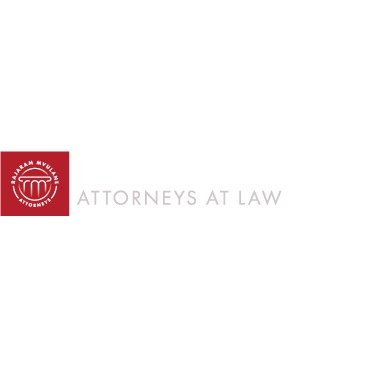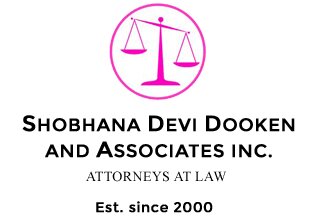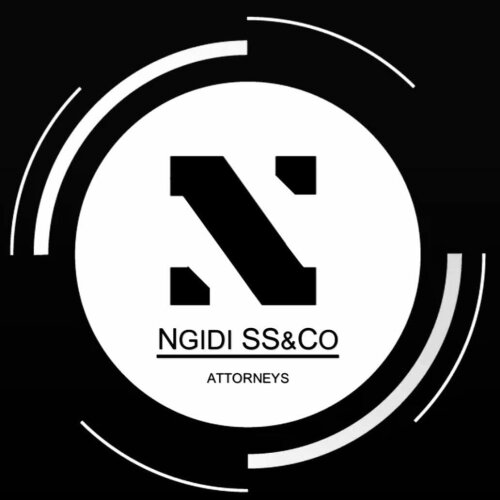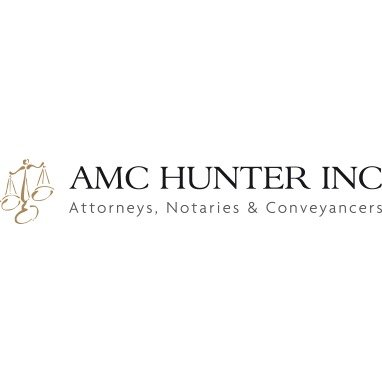Best Foreclosure Lawyers in Durban
Share your needs with us, get contacted by law firms.
Free. Takes 2 min.
Free Guide to Hiring a Real Estate Lawyer
List of the best lawyers in Durban, South Africa
About Foreclosure Law in Durban, South Africa:
Foreclosure law in Durban, South Africa, relates to the process where lenders, typically banks or financial institutions, have the right to recoup money on a defaulted loan by selling the borrower’s property. The legal process, initiated by the lender after a series of missed payments, can result in the homeowner losing their property. However, South African law does provide homeowners with opportunities to prevent the foreclosure process through various means such as repayment agreements, debt review, or selling the home privately.
Why You May Need a Lawyer:
Foreclosure is a complex process that involves intricate legal paperwork and tough negotiations with lenders. A competent foreclosure lawyer can guide homeowners through the complicated legal journey, help to protect their rights, and negotiate better terms. They can also assist you in exploring alternatives like loan modification, repayment plans, or debt counselling. Engaging a lawyer is crucial if you are facing a foreclosure summons or already deep into the process with little understanding of your legal rights and options.
Local Laws Overview:
The South African law offers protection to homeowners against foreclosure. The National Credit Act (NCA) and the Consumer Protection Act (CPA) regulate foreclosure processes and protect consumers from unfair legal tactics. Under these laws, a lender must follow a series of steps before proceeding with a sale in execution. For example, the bank must try to assist the homeowner to avoid a default judgment and foreclosure, and a court must take into account factors like the home being primary residence before ruling in favor of the bank. Moreover, the country’s Constitution protects against arbitrary deprivation of property, which also applies to foreclosures.
Frequently Asked Questions:
1. Can I stop a foreclosure once the process has begun?
Yes, it is possible to stop foreclosure even after the process has begun. Solutions might include negotiating new payment terms with the lender, refinancing the mortgage, or filing for debt review.
2. What happens after my property is sold in foreclosure?
If your home is sold in foreclosure, the proceeds go towards settling your outstanding debt. If the sales do not cover the full debt, the lender can claim the remaining balance from you. This is known as a deficiency judgment.
3. What is a sale in execution?
A sale in execution is when the court orders the sale of a foreclosed property at a public auction. It is the last step of a foreclosure process if homeowner can't settle the debt or sell the property privately.
4. Is it possible to buy back my home after a foreclosure?
It is possible, but challenging, to buy your home back after a foreclosure. It typically depends on the terms of the foreclosure and the policies of the lender.
5. Can I dispute the foreclosure amount claimed by the bank?
Yes, you can dispute the foreclosure amount. It’s recommended to have an attorney or a foreclosure expert assess the amount claimed by the bank to make sure there are no unfair charges or discrepancies.
Additional Resources:
The National Credit Regulator (NCR) and The Banking Association South Africa are useful resources for understanding your rights and obligations. Also, consult with professional organizations like the Law Society of South Africa and Legal Aid South Africa, that provide free or low-cost legal advice.
Next Steps:
If you're facing foreclosure, it's vital to act promptly. Consult with a foreclosure lawyer immediately who can assess your situation, guide you through your legal options, and help you plan the possible defenses to prevent foreclosure or negotiate the best possible terms.
Lawzana helps you find the best lawyers and law firms in Durban through a curated and pre-screened list of qualified legal professionals. Our platform offers rankings and detailed profiles of attorneys and law firms, allowing you to compare based on practice areas, including Foreclosure, experience, and client feedback.
Each profile includes a description of the firm's areas of practice, client reviews, team members and partners, year of establishment, spoken languages, office locations, contact information, social media presence, and any published articles or resources. Most firms on our platform speak English and are experienced in both local and international legal matters.
Get a quote from top-rated law firms in Durban, South Africa — quickly, securely, and without unnecessary hassle.
Disclaimer:
The information provided on this page is for general informational purposes only and does not constitute legal advice. While we strive to ensure the accuracy and relevance of the content, legal information may change over time, and interpretations of the law can vary. You should always consult with a qualified legal professional for advice specific to your situation.
We disclaim all liability for actions taken or not taken based on the content of this page. If you believe any information is incorrect or outdated, please contact us, and we will review and update it where appropriate.

















